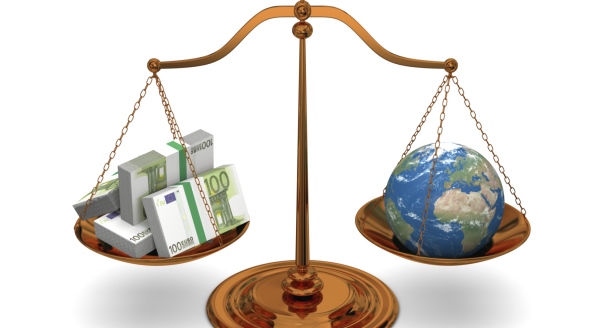Registration
You will receive an email confirming your registration.
The EU’s external capabilities do not always measure up to its financial needs and foreign affairs priorities. In a rapidly changing global economy, how can Europe’s economic interests be reconciled with EU foreign policy goals?
Carnegie Europe convened a day-long roundtable focused on balancing Europe’s economic and foreign policy interests. Fredrik Erixon, director of the European Centre for International Political Economy, and Michael Leigh, senior adviser at the German Marshall Fund of the United States, led the discussion.
The following questions were addressed:
Session 1: The Changing Global Economy
- Looking ten years ahead, what are the key developments in the global economy that will affect Europe?
- What may be the geopolitical ramifications of the Transatlantic Trade and Investment Partnership, Trans-Pacific Partnership, or other prospective trade deals?
- How can the role of the EU in global economic governance be strengthened?
Session 2: Europe’s Economic Needs and Foreign Policy Priorities
- To what extent should business interests and the search for economic growth drive EU foreign policy?
- How can Europe secure external access to raw materials and energy resources?
- Will attracting talent and technology become a foreign policy goal?
Session 3: The EU’s External Economic Tools and Foreign Policies
- Should the EU use its trade agreements to shore up other strategic goals, such as human rights and geopolitical relationships?
- Can development aid be used for political aims, such as security?
- Does the EU need to rethink its use of sanctions?
